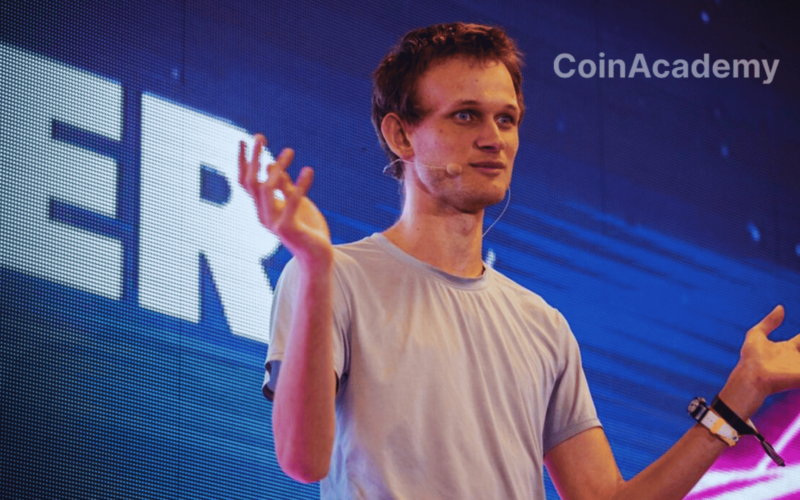Vitalik Buterin Calls for a Return to ‘Cypherpunk’ Values for Ethereum
Vitalik Buterin, co-founder of Ethereum, believes that the original visions of Web3, centered around decentralization and open participation, have somewhat been overshadowed by excessive financialization. In a recently published article titled ‘Make Ethereum Cypherpunk Again,’ Buterin emphasizes the importance of privacy and scalability solutions in preserving the network’s decentralization. He urges for a revival of Ethereum’s ‘cypherpunk’ roots.
Original Visions of Web3 Taking a Back Seat
According to Buterin, the trend of ‘financialization on Ethereum’ has diverted attention from these fundamental goals since 2017. The initial intention was for Ethereum to be a ‘decentralized public shared hard drive’ that leverages peer-to-peer messaging and decentralized file storage.
Buterin also highlights a growing ideological divide between the ‘non-blockchain’ community and the crypto world, with the latter often seen as a distraction rather than an ally.
Redefining Ethereum with ‘Cypherpunk’ Values
Buterin calls for a revitalization of Ethereum’s ‘cypherpunk’ values, which encompass decentralization, open participation, resistance to censorship, and credible neutrality. The term ‘cypherpunk’ refers to a movement focused on using cryptography to ensure privacy and secure communications, advocating for individual freedom and privacy against government and institutional surveillance.
Buterin remains optimistic about the potential for developing non-financial applications on the blockchain. He highlights technological advancements such as rollups, zk Rollups, account abstraction, and second-generation privacy solutions that could support these values.
“These technologies are most widely adopted for improving Ethereum’s scalability, such as ZK rollups, but they are also highly useful for privacy,” said Buterin.
Resisting Centralization and Over-Financialization
Buterin warns against the dangers of excessive centralization and over-financialization in the crypto ecosystem. He emphasizes the need to resist these trends to preserve the unique value of crypto and avoid recreating an inefficient Web2 ecosystem.
“Resisting these pressures is challenging, but if we don’t, we risk losing the unique value of the crypto ecosystem and recreating a clone of the existing Web2 ecosystem,” underscored Buterin.
However, Buterin is impressed by emerging solutions to industry-wide issues, such as decentralized exchanges (DEX) and tools that limit maximum-value-extracting attacks.




